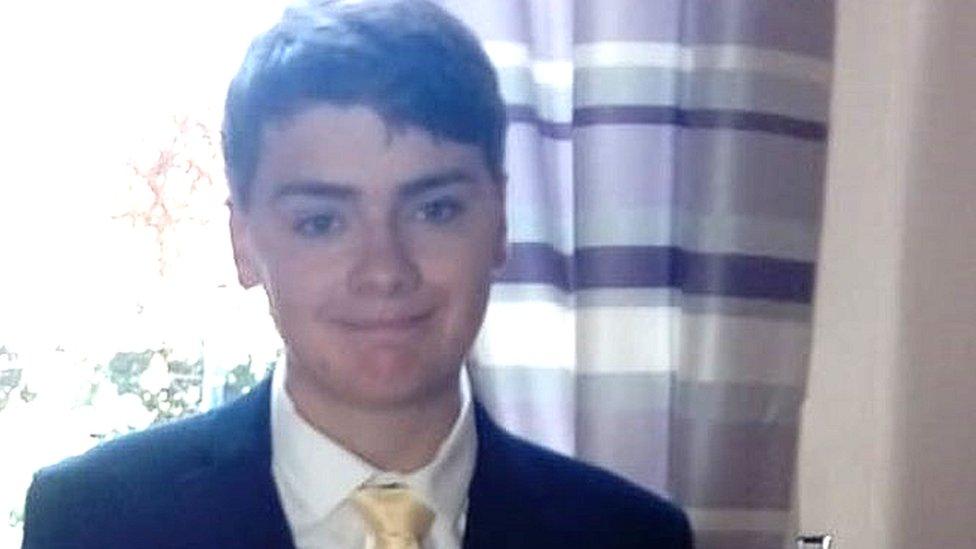Scout leader bids to reverse unlawful killing ruling
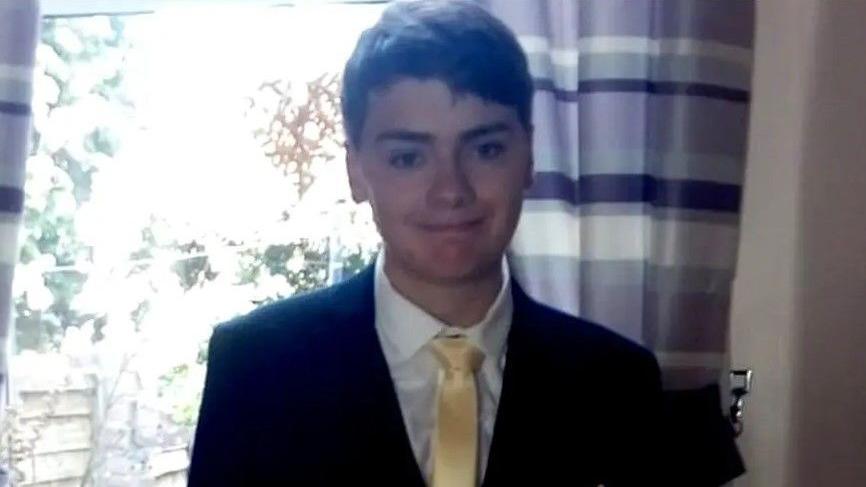
An inquest jury ruled Ben Leonard was unlawfully killed
- Published
A Scout leader and his assistant are seeking to overturn the findings of an inquest which concluded they were responsible for the unlawful killing of a 16-year-old boy.
Ben Leonard, from Stockport, Manchester, was among a group visiting Llandudno's Great Orme when he fell 200ft (60m) from a cliff while hiking.
A jury found a leader and his assistant responsible for unlawful killing, external, which they are now challenging in a High Court judicial review, expected to end on Wednesday.
The hearing was told leader Sean Glaister "simply had no idea" that Ben was in danger.
Ben and two other boys from Reddish Explorer Scouts broke away from the main hike in August 2018 and took their own unsupervised route up the hillside but Ben slipped off a narrow cliff edge and fell, suffering fatal head injuries.
After the inquest in February, Ben's mother Jackie Leonard told the BBC their wait for a finding had been "soul destroying", after two previous inquests were halted.
The inquest jury heard evidence there was no advance or on-the-day risk assessment carried out for the trip, and no discussion about safety with the Explorer Scouts by Mr Glaister or assistant leader Mary Carr.
However the judicial review hearing at Manchester Civil Justice Centre earlier was told by legal teams representing Mr Glaister and Ms Carr that coroner David Pojur made a series of legal and procedural errors in the inquest.
Representing Ms Carr, Noel Dilworth said both legal teams "recognise the family is still grieving".
'Irrational and unlawful'
Oliver Campbell, representing Mr Glaister, said "there was no evidence on which the jury could properly come to the conclusion that Ben Leonard was unlawfully killed".
He said the coroner's decision to allow the jury to make a finding of unlawful killing was "irrational and unlawful".
There was no evidence that at the time Mr Glaister would have been aware of "an immediate, striking and glaring risk of death", he said.
"He simply had no idea that they had gone into a situation of danger," he added.
Mr Dilworth said "the general culture within the Explorer wing of the Scout movement encouraged autonomy and did not require constant supervision of Explorers".
He said it was "not within her knowledge and it's not within [Ms Carr's] foresight" that the three boys would go close to the cliff edge.
"It is only through the 'retrospectoscope' that one starts to criticise and seek to add to the information that was available to Ms Carr," he added.
The hearing continues.
Listen to the best of BBC Radio Manchester on Sounds and follow BBC Manchester on Facebook, external, X, external, and Instagram, external. You can also send story ideas to northwest.newsonline@bbc.co.uk, external and via Whatsapp to 0808 100 2230.
- Published27 March 2024
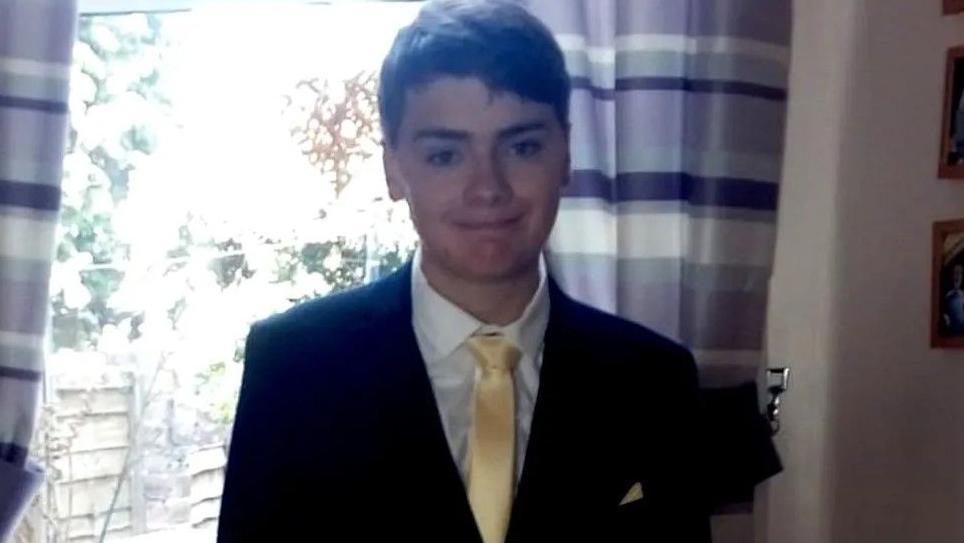
- Published26 February 2024
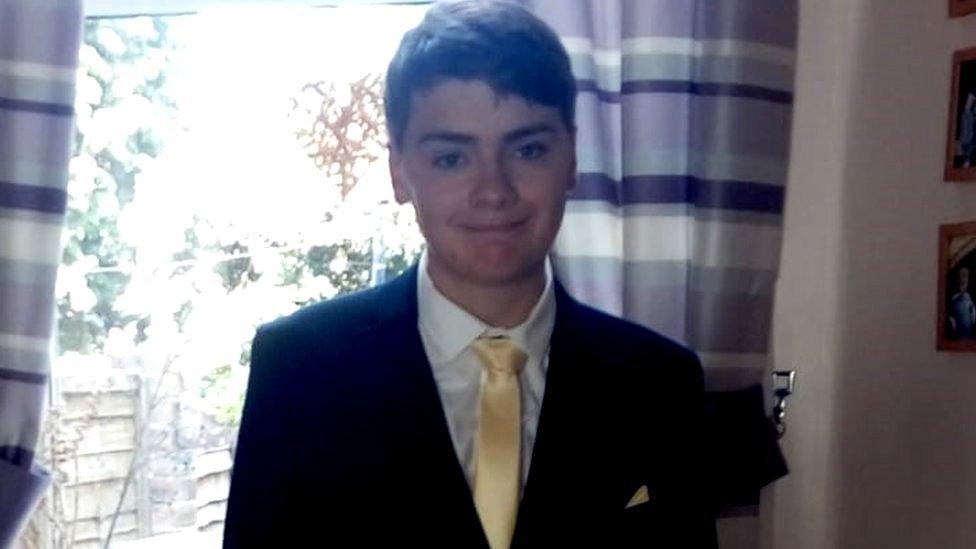
- Published24 February 2024
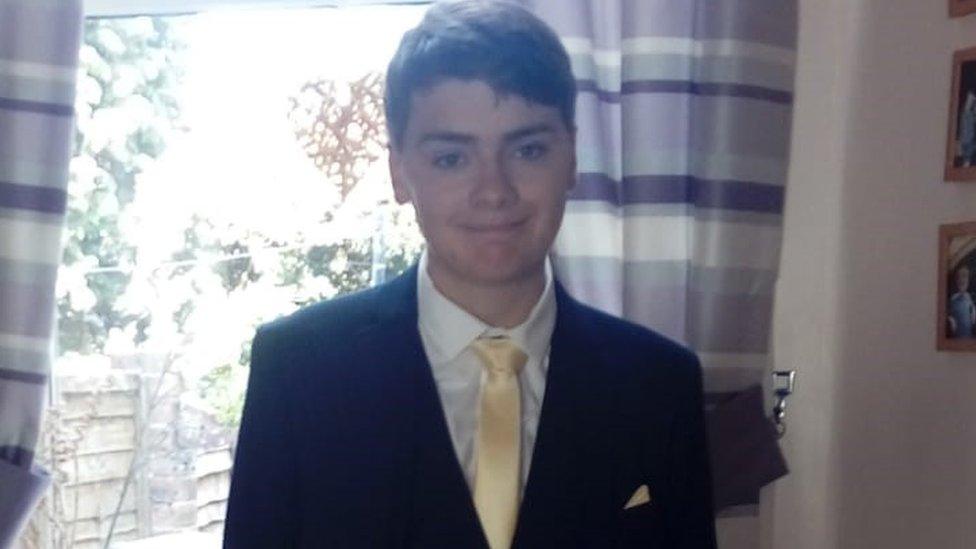
- Published22 February 2024
